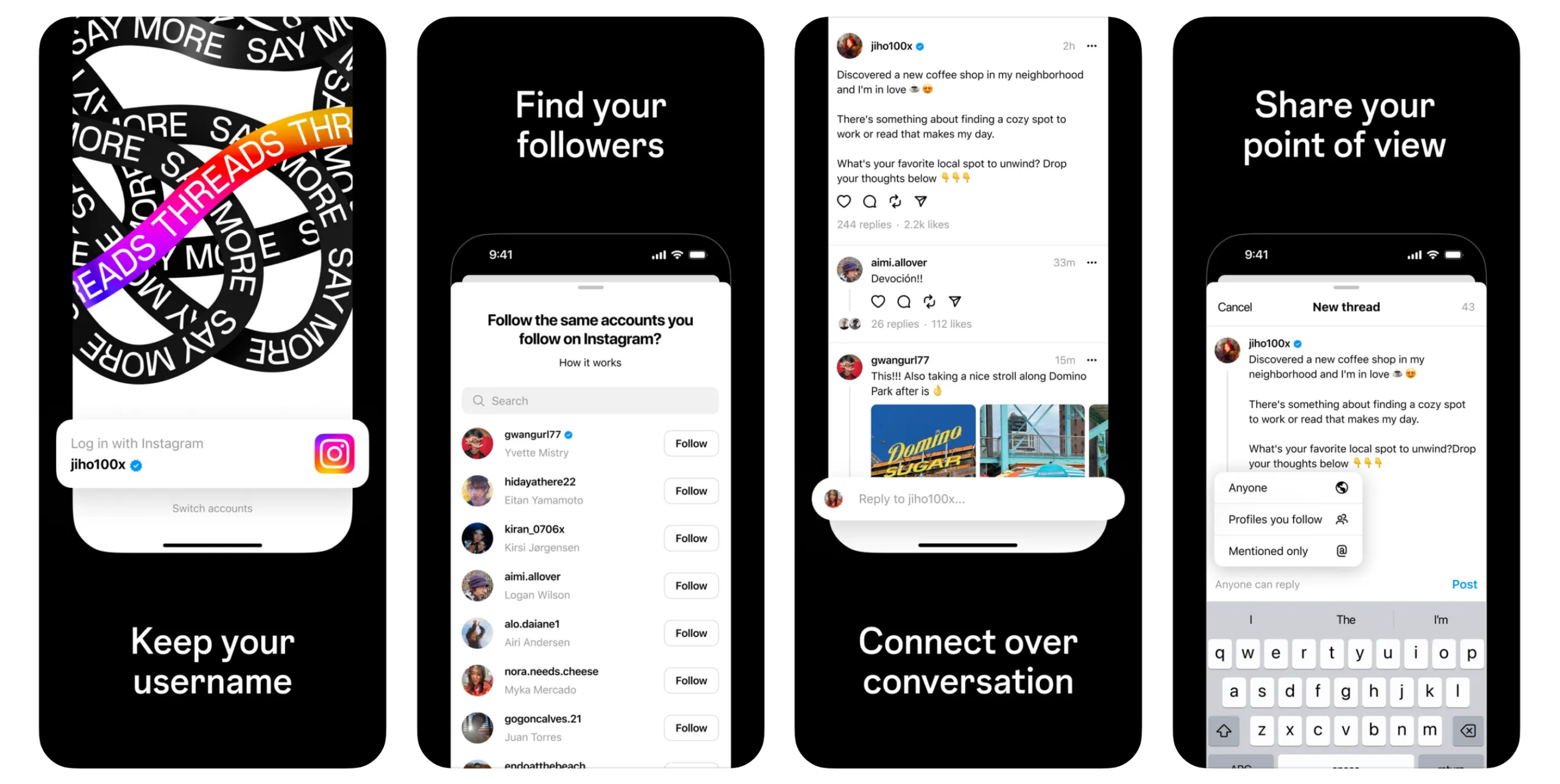Meta's Threads Integration: Navigating Decentralized Social Landscapes

Catergory Social Media
Meta has embarked on the next phase of its decentralized social experiment, advancing Threads' integration with ActivityPub compliant servers. Now, Threads users over 18 residing in the U.S., Canada, or Japan can broaden their social reach by sharing their posts with various decentralized platforms within the Fediverse.
The expanded integration allows Threads content to seamlessly flow into other decentralized social applications like Mastodon and WordPress. This means users of these platforms can engage with Threads posts – follow, like, and reply – without needing a Threads account. It opens up new avenues for interaction and engagement, enhancing the Threads experience.
However, there are certain limitations to this integration. Initially, Threads users won't be able to see who liked their posts or view replies from Fediverse users on Threads. Additionally, certain types of posts and content aren't federated yet, including those with restricted replies, replies to non-federated posts, posts with polls, and reposts of non-federated content.

Quote posts are also not supported within ActivityPub, and posts containing links will display a link attachment at the end. Despite these restrictions, eligible Threads users can opt-in to "Fediverse Sharing" in their settings, accompanied by a brief explanation of the Fediverse concept.
This move aligns with Meta's vision of integrating into the decentralized social media landscape, which champions user control over data and experiences. While still a niche consideration, decentralization distributes system management across multiple servers and individuals, reducing reliance on corporate gatekeepers.
Yet, Meta's involvement raises concerns within the Fediverse community. Many Fediverse admins oppose Meta's participation, viewing it as contradictory to the ethos of an open web. Meta's past data control practices and moderation rules have fueled the push for a less corporate-controlled approach.
Despite attempts to address concerns through meetings with Fediverse admins, Meta faces significant opposition. Technical challenges aside, user adoption remains uncertain. Many social media users prefer convenience over understanding the underlying technology, potentially limiting Fediverse's appeal.
While open web advocates tout the initiative's potential freedoms, broader user adoption is pivotal for Fediverse's mainstream success. Meta's desire to integrate into every social media landscape, even those opposing its business model, reflects its strategy to hedge its bets.
In conclusion, while Meta's integration ensures Threads' connectivity within the Fediverse, broader adoption hinges on overcoming both technical hurdles and community skepticism. Whether Fediverse achieves mainstream success or remains a fringe interest remains to be seen, but Threads is poised to remain connected regardless.